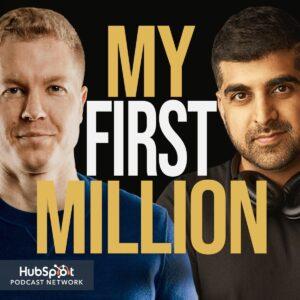
In this episode of Ted Talks Daily, Mark Mortensen explores the complexities of remote work and its impact on productivity, culture, and work-life balance. He highlights the need for organizations to consider their specific situation and goals when designing a hybrid work model. Mortensen also emphasizes the importance of open conversations about the different aspects of hybrid work and the long-term implications for organizational culture.
Hybrid work presents a complex set of challenges, including finding the right balance between remote work and office work, determining who has the authority to make these decisions, and maintaining productivity and culture. Organizations need to address three distinct problems in hybrid work design: effectiveness, staffing, and social fabric.
While remote work can be successful, it is not universally beneficial. The success of remote work during the COVID-19 pandemic was influenced by unique circumstances. Data shows that remote work often leads to increased working hours and difficulty in separating work and personal life. The experience of remote work varies, with parents of school-aged children facing additional stress. Remote work also changes the way we work, with individuals working more hours but collaborating less. Flexible work policies are increasingly important for attracting potential employees.
When comparing remote work to office work, it is crucial to consider the perception and experience of each. The focus should be on the overall experience and not just the policy. Remote work can have negative effects on psychological safety, trust, power dynamics, and feelings of isolation and loneliness.
Organizational culture plays a significant role in hybrid work. It is essential to think about the long-term implications of hybrid work on culture and consider the conversations surrounding output, people, and culture. Different ideologies exist regarding what creates value in an organization. Open conversations and understanding different prioritizations are crucial for finding common ground.
Hybrid work is a complex issue that requires careful consideration of various factors. Organizations must design hybrid work models based on their specific situation and goals. It is important to recognize the challenges and realities of remote work, focus on the overall experience, and prioritize organizational culture. Open conversations and understanding different perspectives are key to creating successful hybrid work environments.